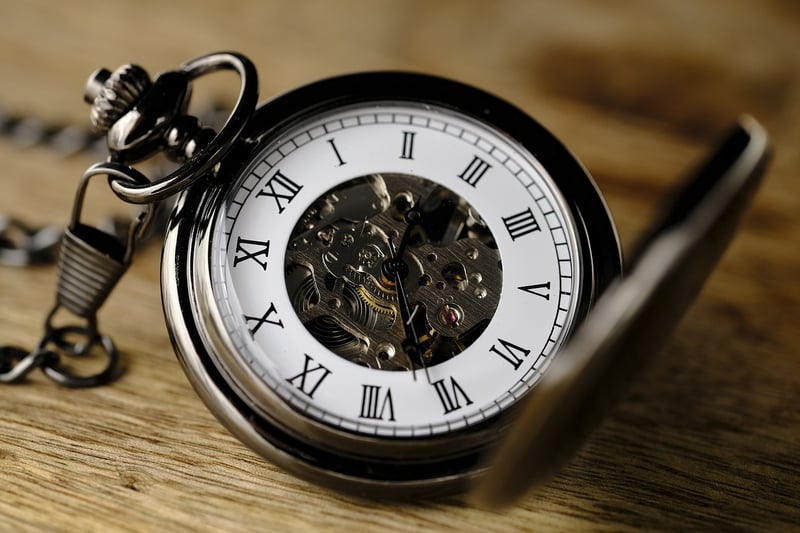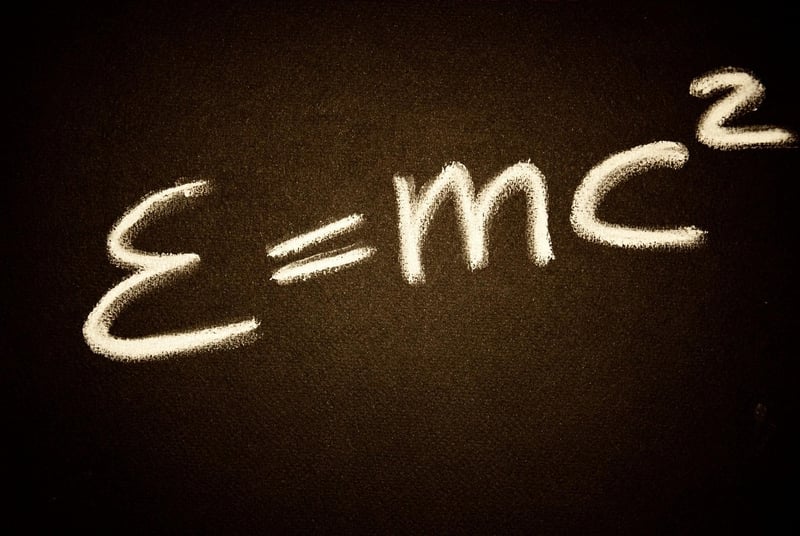Novikov's Self-consistency Principle
Understanding Time Regulations and Novikov's Self-consistency Principle
Time Regulations Explained
Time regulations are rules or guidelines that govern the use and management of time in various contexts. These regulations are essential in ensuring efficiency, productivity, and fairness in different activities and industries.
Types of Time Regulations:
- Work Hours Regulations
- Public Transport Timetables
- Academic Deadlines
- Legal Statutes of Limitations
- Healthcare Appointment Scheduling
Novikov's Self-consistency Principle
Novikov's Self-consistency Principle is a concept in theoretical physics, especially in the study of time travel and causality. Proposed by Igor Dmitriyevich Novikov, this principle suggests that any event that could cause a paradox in the past is impossible.
Key Points of Novikov's Self-consistency Principle:
- Closed Timelike Curves: Events that loop back on themselves in time.
- Prevention of Paradoxes: Actions that would alter the past are impossible.
- Consistent Timeline: All events in the past, present, and future must be self-consistent.
Implications of Novikov's Self-consistency Principle
Understanding and applying Novikov's Self-consistency Principle can help avoid logical inconsistencies and paradoxes in hypothetical scenarios involving time travel. It also sparks debates on the nature of time, causality, and the possibility of altering the past.
Further Reading:
For more in-depth information on Novikov's Self-consistency Principle, you can refer to Wikipedia's article.


